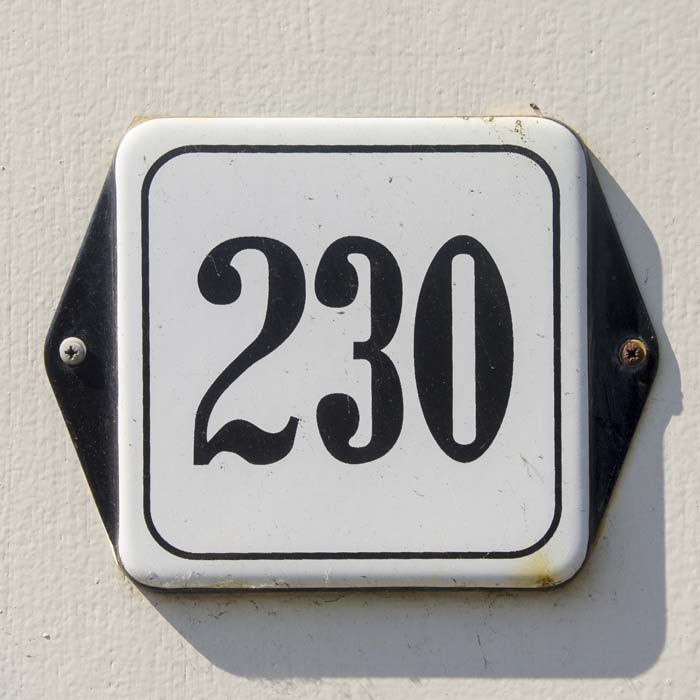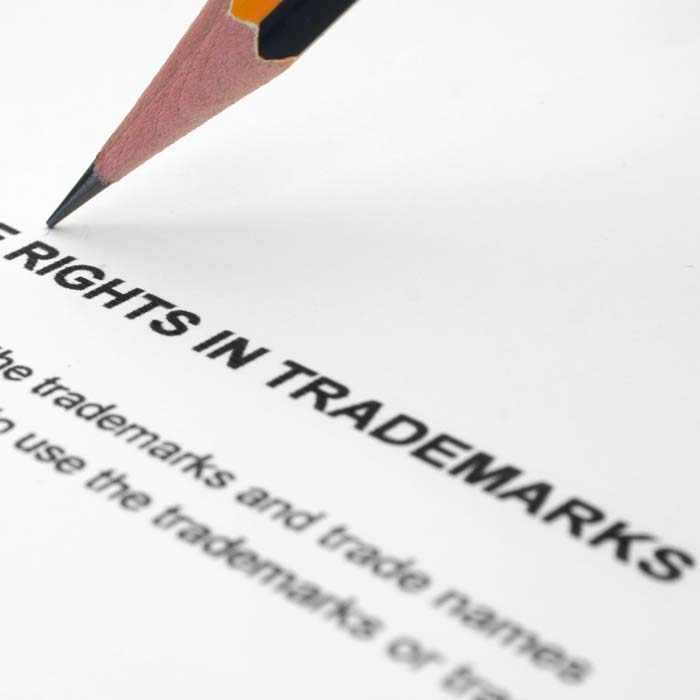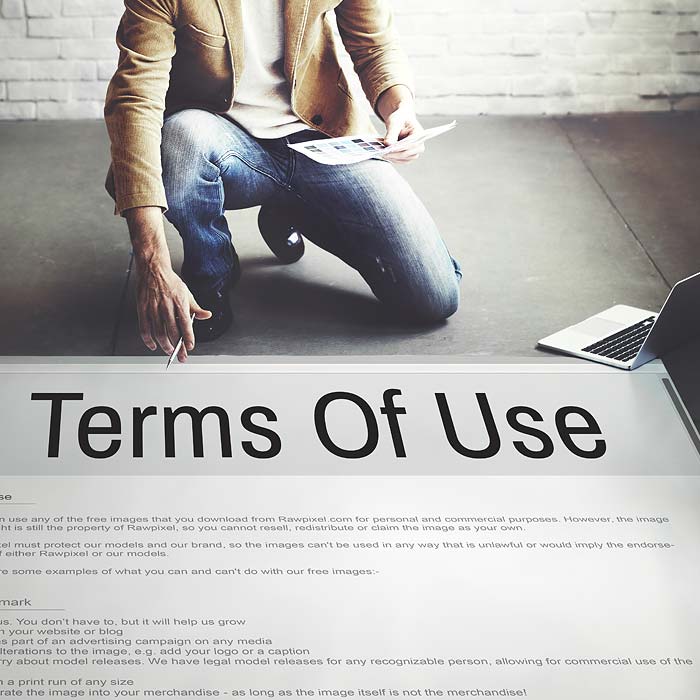
Contrary to most people’s belief, disputes are not solely resolved in a court of law. Various types of disputes are either required or voluntarily go through a process known as Alternative Dispute Resolution (“ADR”).
ADR can come in a variety of shapes and sizes, but the most common types are negotiation, mediation, and arbitration.
Negotiation is a process whereby the parties in a dispute commence discussions or correspondence aimed at reaching an agreement. While many people believe that negotiating a dispute can be done without the assistance of an attorney, it is very important to remember that there are numerous legal pitfalls that exist when parties engage in negotiation (such as revealing facts or circumstances that may be later admissible in a court of law or arbitration proceeding). Combined, our lawyers have decades of experience in direct negotiations and have assisted our clients in resolving countless disputes. Negotiation is a combination of art and science, and we are prepared to help you negotiate through your dispute.
Mediation is a process whereby a neutral third party assists the parties of a dispute by helping with settlement negotiations. The selection of a qualified mediator can be a difficult process, and the mediation process is structured and contains deadlines that typical negotiations don’t have. Mediation is typically private and confidential, and participation is usually voluntary (however, mediation is often ordered by a court or required pursuant to contract). Mediation is often cheaper than arbitration or court, but it is also not binding. Therefore, if the mediator is unable to bring the parties to an agreement, the dispute continues, following mediation. Our lawyers have conducted countless mediations and know and understand the importance of the mediator selection process. As mediation attorneys, we know how to prepare our clients to increase their chances of a successful mediation. Additionally, our firm knows how to ensure that mediation is the right negotiation process for you.
Arbitration is a process whereby a third party or third parties (depending on the number of arbitrators selected) are presented with the facts and evidence of a dispute, and then the arbitrator(s) render a decision that can be enforced in the courts (if necessary). Arbitration, in most instances, is binding, and an arbitrator’s award can only be set aside in a very limited set of circumstances. Arbitration has grown more popular due to: it costing less than courtroom litigation; it being much faster process than the courts; it being a more private atmosphere than the courts; and because it has more flexible remote participation options. Remote arbitration through video telecommunication services makes it possible for dispute resolution across great distances with more limited expense than the courts. Once an arbitration decision is rendered, the parties are generally stuck with that decision without a right to appeal (unless a very limited set of circumstances existed during arbitration, such as fraud on the part of the arbitrator(s)).
Our attorneys know how to prepare and guide you through the ADR process regardless of whether you are facing direct negotiations, mediation or arbitration. Our lawyers are also prepared to teach you the potential risks and rewards of taking your case through the ADR process. We know how to evaluate whether or not your case is best suited for one of the types of ADR. Additionally, when it comes to contract drafting, our firm is experienced in drafting ADR provisions (including arbitration provisions) to ensure that if you want to rely on ADR or arbitration when the time comes, you will be able to do so.
If you are seeking representation for an upcoming negotiation session, mediation or arbitration or if you want to make sure that your contracts contain the correct ADR provisions, then we encourage you to contact us today. ADR is a great tool, but it can also be dangerous if you aren’t properly represented.
























